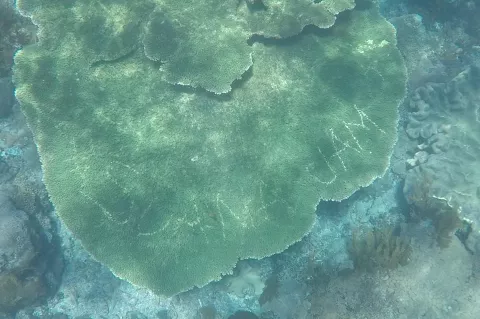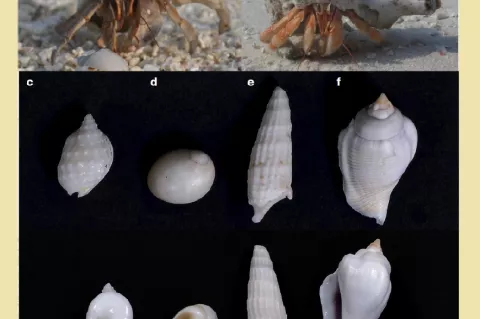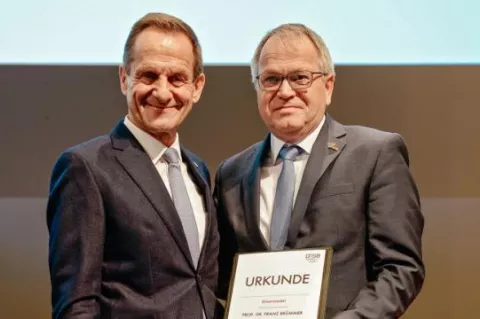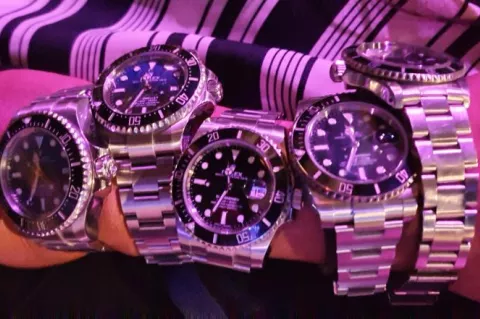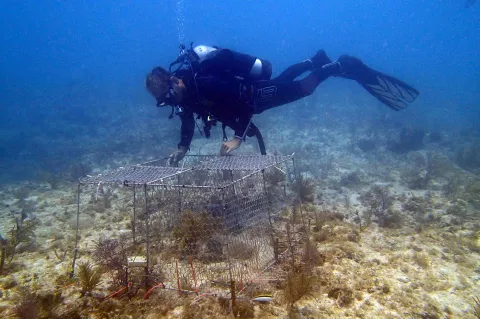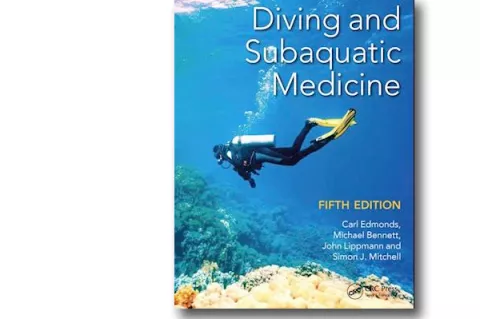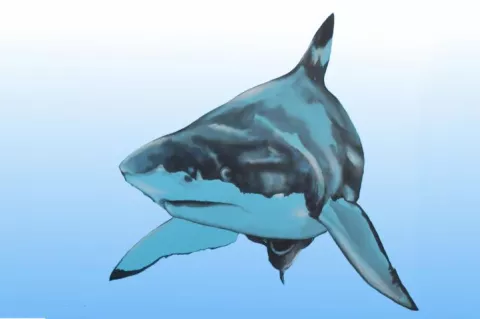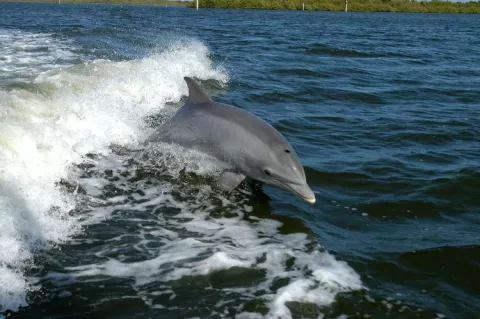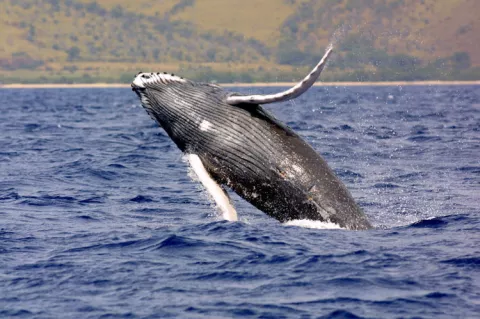Bali coral deliberately vandalised
Photographic evidence has been posted on Facebook showing that names have been carved into coral at Crystal Bay, Nusa Penida, and it has enraged social media users.
What’s wrong with some people? Seriously, do they need to scratch their name on this beautiful coral. Unbelievable!
It is thought that tourists are responsible. The Bali Sun stated that one post observed “how can you be so stupid?”
- Read more about Bali coral deliberately vandalised
- Log in to post comments

